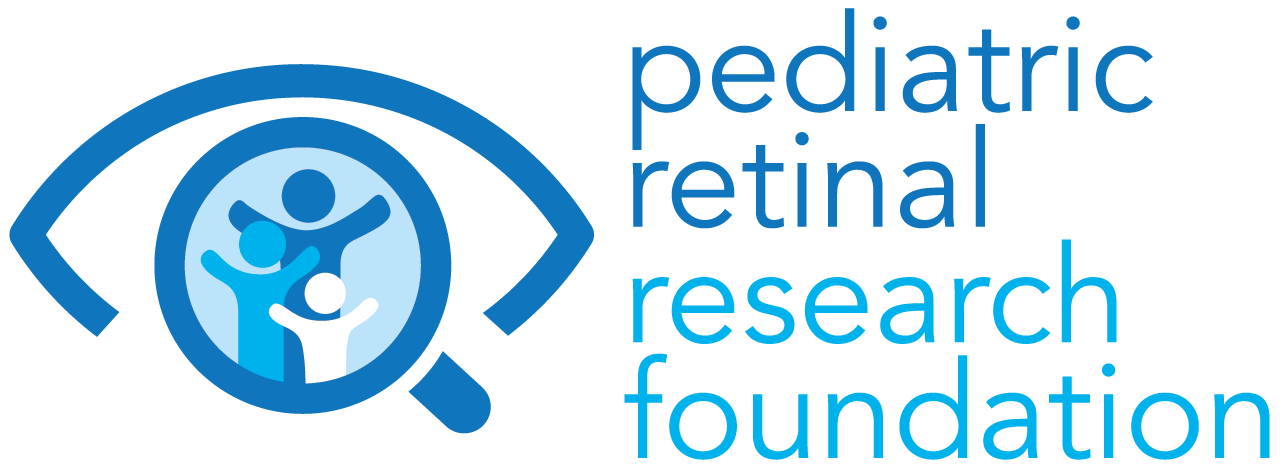An interview with Justice Richard Bernstein
By Jeanne McClellan
Michigan Supreme Court Justice Richard Bernstein has received so many awards and honors for his myriad of impressive accomplishments that they could fill resumes for ten men. And he has done it all while blind.
Justice Bernstein was born with retinitis pigmentosa and had the childhood of most blind children born in 1973 to a middle-class U.S. family. He attended regular public school sprinkled with various Visual Impairment classes such as braille and cane training. He had a reader who accompanied him throughout his school day and was instrumental in completing his classwork.
“I was the only blind kid in elementary and high school. That was difficult. But I mostly got along with the other kids. There were a few bullies, but I got through it,” he states confidently.
Bernstein attended the University of Michigan in Ann Arbor where he graduated Phi Beta Kappa and went on to Northwestern University Law School for his juris doctorate. “It was a lot of hard work. I worked very hard, and my parents were always incredibly supportive. I couldn’t have done it without them.”
After graduation, he joined the family business, Bernstein Law, and handled the public service, or pro bono, part of the practice. By this time, the Americans with Disabilities Act of 1990 had passed, and the need for litigation was rampant as industries balked at conforming to its requirements. “The passage of the ADA was huge. That was a game-changer. I am really proud of the work we did then,” says Bernstein. “We helped a lot of people,” especially referring to the lawsuit that brought Detroit public buses into compliance with wheelchair lifts and the University of Michigan on behalf of Paralyzed Veterans of America to make its stadium accessible to wheelchair users. Many of these lawsuits established regulations that set the standards still in effect today throughout the United States. Bernstein also tackled the roundabouts at intersections in the State of Michigan when they proved dangerous and inaccessible for blind people. Because of Bernstein’s hard work, audible signals and crosswalks were installed for safe pedestrian use at these roundabouts.
Bernstein served on the Board of Governors at Detroit’s Wayne State University for several years. He also spent some time as an adjunct professor at the University of Michigan in the political science department. “I loved working with the students,” he recalls.
Bernstein has always been a tireless disability rights advocate and activist and has received countless honors, such as Michiganian of the Year by the Detroit News, Keeping Government Honest by CNN, and Young Lawyer of the Year by the Michigan Bar Association.
He continues to stay involved with upcoming blind and visually impaired students attending law school, acting as an unofficial mentor and supporter of their progress. “Eighty-five percent of blind people in the U.S. are not employed,” he remarks. “I hope we can change that, so I try to assist where I can. I believe being blind has made me more empathetic and more understanding of what others are going through. It makes me want to do good for others.”
The COVID period was an especially difficult time for Bernstein, as it was for so many, both blind and sighted individuals. “I was so isolated. We visually impaired and blind folks thrive on being around people. That was a tough time.” But he affirms once again, “I got through it.”
Bernstein has a fiancée and, through that relationship, has inherited a stepdaughter. ”I’m very content with my life.” When he’s not practicing law, he enjoys running. “I’ve run 26 New York marathons, and I love it. That’s what keeps me going,” says Berstein. Impressively, in 2013, he was inducted into the National Jewish Sports Hall of Fame.
Justice Richard Bernstein has an indomitable yet humble spirit that has strengthened him throughout his life. Most of us can only hope to achieve a fraction of what he has achieved, and he is not done yet. And how grateful we folks with disabilities are for his passion and dedication to creating landmark legislation that has improved our lives in so many profound ways. Justice Bernstein proves, beyond the shadow of a doubt, that there is life after blindness.
About the author:
Jeanne McClellan was born and raised in Royal Oak, Michigan, receieved a master's degree in psychology, and worked for approximately 30 years as a counselor and social worker until she retired in 2009.

